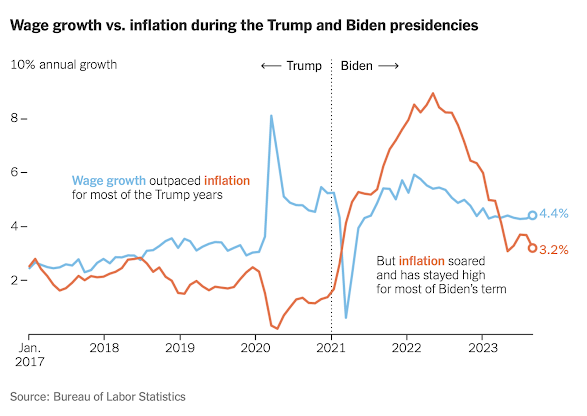The Persistence of Public Rights Doctrine (Jarkesy Oral Argument Edition)
The good news coming out of yesterday's oral argument in SEC v. Jarkesy is that the Justices and advocates spent almost no time discussing two of the Fifth Circuit's preposterous reasons for finding that SEC enforcement actions are unconstitutional. (1) The Fifth Circuit had said that Congress, in leaving to the agency the decision whether to bring an enforcement action in the agency or in federal court, violated the nondelegation doctrine by failing to provide an intelligible principle. That's absurd because federal enforcement agencies routinely exercise enforcement discretion--for example about whether to bring a prosecution at all --that is equally unguided by legislation and that has higher stakes. If this is a violation of the nondelegation doctrine, everything is. (2) As an alternative ground for its holding, the Fifth Circuit invoked the SCOTUS decision in Free Enterprise Fund v. Public Co. Accounting Oversight Bd. to hold that the two layers of for-cause protec...
